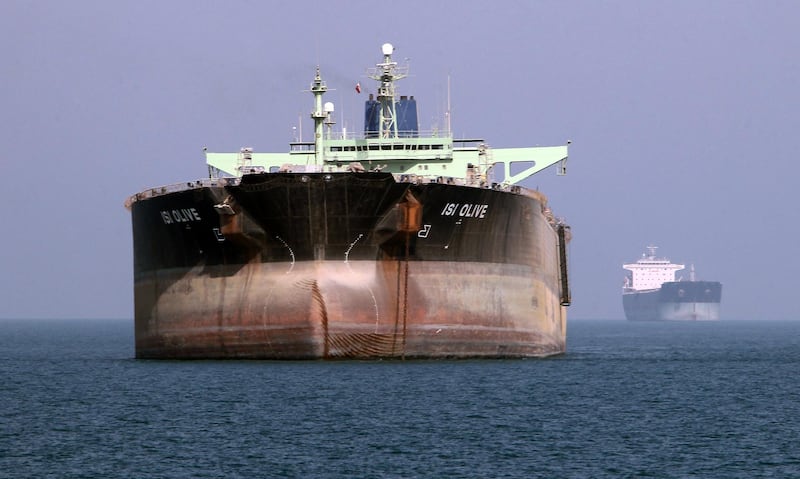Europe’s efforts to defy US sanctions on Iran by channelling trade through an EU-backed fund have suffered a damaging blow after Austria refused to run the mechanism from Vienna.
None of the big three countries in Europe that were part of the negotiations for the 2015 deal that lifted sanctions in a return for a freeze on the nuclear programme have volunteered for the role. Last week Paris ruled out playing the role and the focus had turned to Vienna.
One European official said that the stand-off over the so-called Special Purpose Vehicle (SPV) was deepening having dashed efforts to have the fund up and running before the second phase of US sanctions on Iran’s oil trade kicked in on November 4.
“There was a deadline and we missed it,” the diplomat said. “It is proving more complicated than anticipated but there is still determination to get this done. We are committed to it."
Officials are now believed to be trying to secure a basing and management agreement with smaller member states.
The SPV is designed to acting as a non-dollar clearing house to match revenues from Iranian oil and gas exports to Tehran’s purchases of EU goods, including medicines. While not exactly a barter arrangement, it would involve European role in administrating and monitoring Iran’s import trade.
_______________
Read more:
Yemeni rebel minister flees Sanaa and defects to Saudi Arabia
Iran heroin shipment busted in biggest haul in 20 years
US says it stands with Iranians as sanctions hit Tehran
______________
When the concept was agreed in the summer, diplomats hoped the body would be operational early next year.
The SPV is seen as the lynchpin of European efforts to salvage the nuclear accord, from which U.S. President Donald Trump - who took office after the pact was clinched - withdrew in May, calling it flawed in Iran's favour.
In a separate intervention a senior US sanctions official, Sigal Mandelker, Treasury’s undersecretary for terrorism and financial intelligence, has said the difficulties could see the Europeans reversing opposition to the Washington’s squeeze on Iran.
“I’m not concerned about the SPV actually at all, and I do believe that we’re going to find additional mechanisms by which we can work together,” she said. Mandelker told reporters in London. “I very strongly believe that we have a common picture with our European allies.”
Austria has declined a request to play host for the SPV. Belgium and Luxembourg are now the focus of hopes for a basing agreement but their governments too have expressed strong reservations
The reluctance arises from fears that SPV reliance on local banks to smooth trade with Iran may incur American sanctions. "Austria has indeed refused. It's not dead, but it's not going in the right direction. We are going to try again with Luxembourg, but we're under no illusions," said a European diplomat.
Luxembourg was a candidate to manage the Iran SPV as it had experience setting up a similar mechanism during the 2009-12 eurozone financial crisis.






